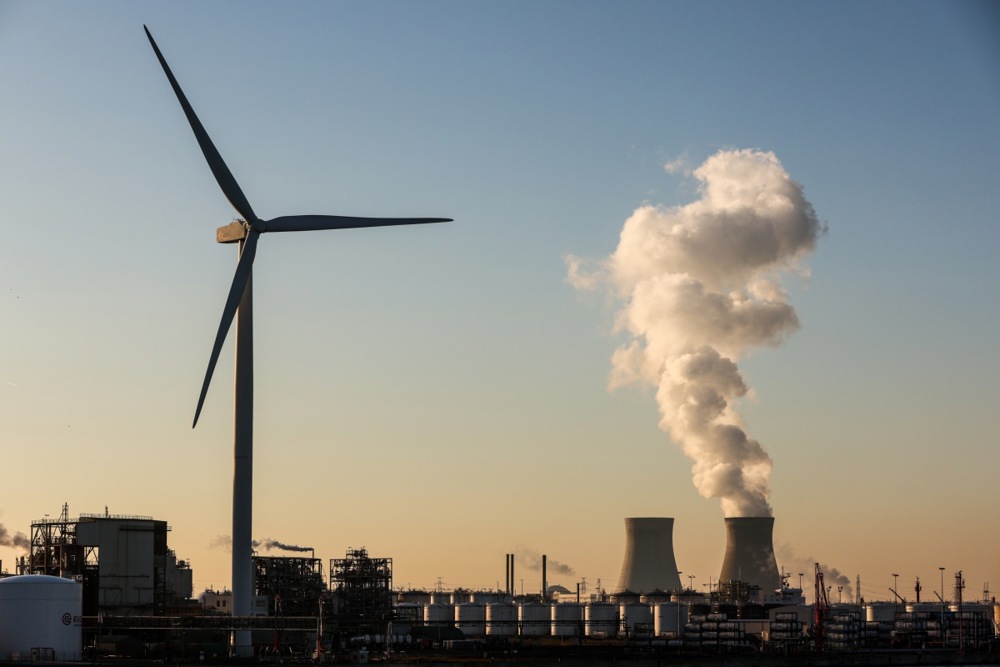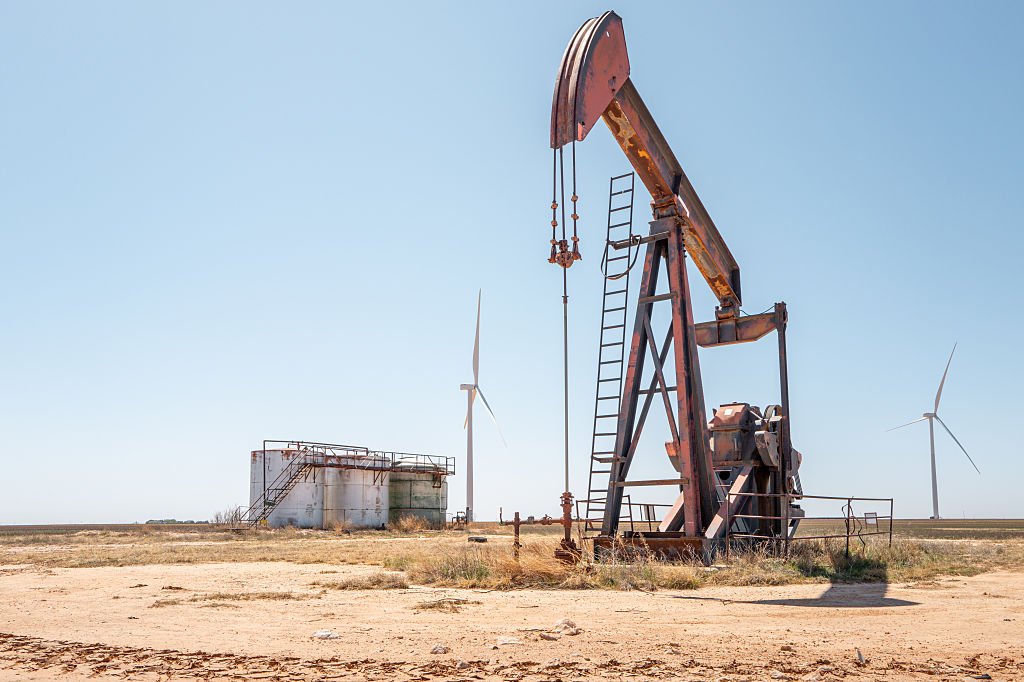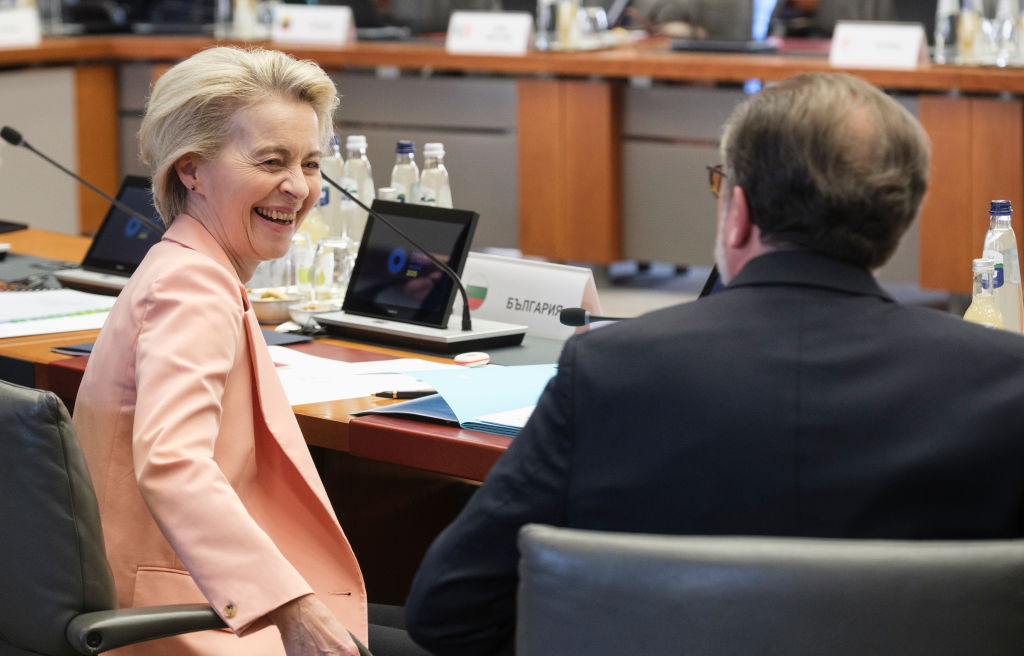The most striking example of Western strategic confusion lies in energy policy. While the European Union prepares to impose its 19th sanctions package against Russia, the United States contemplates partial sanctions relief, particularly in the energy sector. This divergence reveals a fundamental misunderstanding of economic warfare among European elites who seem to confuse symbolic gestures with strategic effectiveness.
President Trump’s observation that “I don’t know that sanctions bother him [Putin]” stands in stark contrast to EU High Representative Kaja Kallas’s insistence that sanctions are working because “Russia has lost tens of billions of euros in oil revenues”. Yet the empirical evidence suggests Trump’s assessment is more accurate: Russia produces ammunition at three to twelve times the rate of NATO, depending on the metric, indicating that the sanctions regime has failed to achieve its primary objective of crippling Russian military production.
The fundamental flaw in the European approach lies in basic economic logic. By restricting Russian energy supplies, the West has inadvertently increased global energy prices, allowing Moscow to compensate for reduced volumes through higher prices. Russia’s economy can sustain itself at $30 per barrel, but could it survive at $10? With crude oil currently trading at $61.97 per barrel as of September 5, 2025, a counterintuitive strategy of flooding global markets with energy—including Russian supplies—might accomplish what sanctions have failed to achieve: Genuine economic pressure on Moscow.
This approach would require strategic coordination between the United States, Saudi Arabia, and other major producers to create an energy glut that undermines Russian revenues while strengthening Western industrial capacity. Lower energy costs would revitalise European manufacturing and help close the weaponry production gap with Russia—a more tangible contribution to Western security than symbolic sanctions packages.
While the West pursues ineffective sanctions and debates energy transition timelines, China has quietly embarked on a far more sophisticated strategy: Achieving energy and chemical independence through technological innovation. The Chinese are accomplishing what Europe failed to do—using modern chemistry to build genuine strategic autonomy.
China’s coal-to-gas and chemicals sector is experiencing unprecedented growth, driven by what Reuters describes as “Chinese alchemy”. Using advanced gasification technologies, including variations of the Fischer-Tropsch process developed in 1925 Germany, China is converting its abundant coal reserves into synthetic fuels, chemicals, and industrial feedstocks. This represents a masterful application of century-old German chemistry to modern strategic objectives—precisely the kind of industrial policy that Europe abandoned in favour of climate symbolism.
The numbers are staggering: China’s coal-to-chemicals production has grown by over 40 per cent in the past two years, with companies like Shenhua Ningxia Coal Industry and China Energy Investment Corporation leading massive expansions. While European chemical companies struggle with high energy costs and regulatory constraints, Chinese firms are achieving cost advantages of 20-30 per cent by using domestic coal as feedstock instead of imported oil and gas.
This strategy demonstrates that decoupling is a game both sides can play. While Western policymakers assumed that China would remain dependent on Western technology and supply chains, Beijing has systematically developed alternatives that reduce vulnerability to external pressure. The coal-to-chemicals boom is particularly significant because it transforms China’s largest energy resource—coal—into the petrochemical building blocks of modern industry.
European leaders who championed energy transition and industrial decarbonisation now watch helplessly as Chinese competitors gain market share through technological pragmatism rather than ideological posturing. China’s approach reveals the strategic folly of voluntarily constraining domestic industrial capacity in pursuit of climate goals while competitors enhance theirs.
The BRICS Reality Check and China’s Global Governance Initiative
China’s recent halt of LNG imports from the United States, though symbolically modest at 3 per cent of total needs, signals a broader strategic recalibration. Beijing has brilliantly disguised its energy security strategy as environmental policy, diversifying away from “Foe’s Fossil Fuels” while maintaining domestic production capacity. This deception has been so effective that China’s domestic oil production has surged to an all-time high while Western nations have voluntarily constrained their own energy independence.
The most significant development emerged from the Shanghai Cooperation Organisation summit held August 31-September 1, 2025, in Tianjin—the largest in SCO’s 24-year history. Chinese President Xi Jinping unveiled his Global Governance Initiative during the “SCO Plus” meeting, attended by leaders from more than 20 countries, representing his fourth major global initiative following the Global Development Initiative, Global Security Initiative, and Global Civilisation Initiative.
The Global Governance Initiative outlines five core principles: sovereign equality, international rule of law, authentic multilateralism, people-centred approach, and focus on results. Xi’s proposal includes the establishment of a new SCO development bank and financial commitments totalling 12 billion RMB ($1.68 billion) in grants and loans for member states. This represents a direct institutional challenge to Western-dominated financial architecture, offering concrete alternatives to World Bank and IMF mechanisms.
The symbolic power of the summit was unmistakable: Prime Minister Modi, President Xi, and President Putin were photographed holding hands and walking together, projecting unity among the world’s three most populous nations representing 2.8 billion people. Modi and Xi met on Chinese territory for the first time in seven years, declaring themselves “partners instead of rivals” amid mounting US tariff pressure on both nations.
Putin’s emphasis on “true multilateralism” and the use of national currencies in mutual transactions signals the practical implementation of dollar alternatives. The critical development is India’s apparent pivot toward this bloc. Despite being the largest destination for Indian exports, the United States’ punitive tariff regime has pushed New Delhi closer to Moscow and Beijing. When Trump administration officials insult Modi while simultaneously demanding Indian compliance with American sanctions, they demonstrate the kind of strategic incompetence that drives sovereign nations toward alternative arrangements.
The Institutional Crisis
What we are witnessing is fundamentally a crisis of institutional legitimacy. European leaders like Macron, Starmer, and von der Leyen govern with approval ratings that would have triggered governmental collapse in healthier democratic systems. Their continued pursuit of policies that demonstrably harm their own populations—from energy restrictions to mass migration—reveals leadership that has become actively hostile to national interests.
The question is whether European nations will adapt or continue pursuing the Brussels model toward dissolution. As economic pressures mount and democratic legitimacy erodes, the choice becomes increasingly stark: Genuine reform or revolutionary upheaval.
The Shanghai Cooperation Organisation summit and China’s Global Governance Initiative demonstrate that alternative institutional frameworks are not merely theoretical constructs but operational realities. With BRICS now encompassing 11 members representing over 40 per cent of global GDP and population, the Western monopoly on international governance is already broken.
The old world order is not merely declining—it is actively destroying itself through policies that weaken Western nations while strengthening their competitors. Only by abandoning the illusions of universal hegemony and returning to principles of national sovereignty and strategic realism can Western societies hope to navigate the turbulent transitions ahead. The alternative is not managed decline but chaotic collapse—a prospect that serves no one’s interests except those who seek to profit from Western weakness.
This is Part I of a two-part special, Part II tomorrow






Europe unprepared for energy crisis if Israel attacks Iranian oil industry